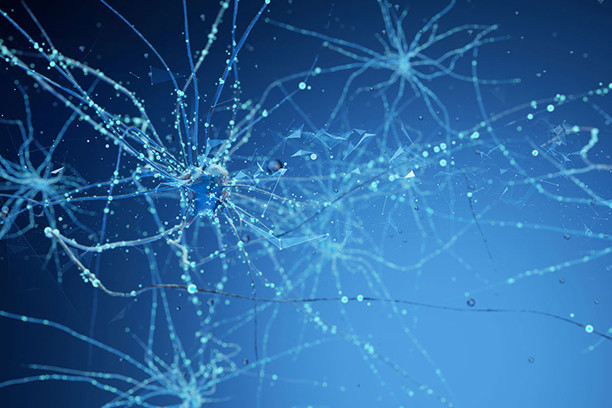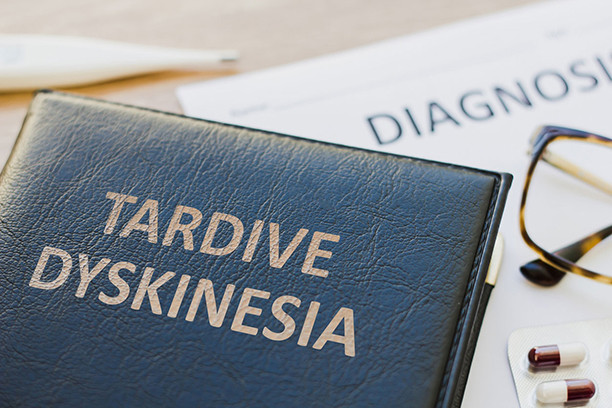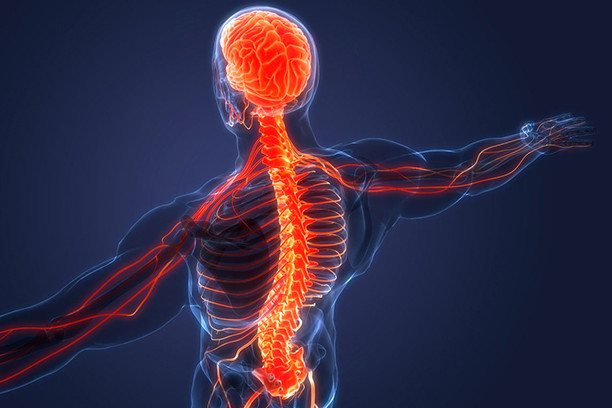Tardive Dyskinesia Resource Center
Includes Highlights from the 2023 AAN Meeting
2023 AAN Conference Highlights
Benefits of Tardive Dyskinesia Treatment Need Not Come at the Expense of Psychiatric Stability
Long-term treatment with Valbenazine significantly reduced the severity of tardive dyskinesia (TD) symptoms without compromising mental stability in adults with TD and psychiatric comorbidities, according to research presented in a poster session (P11. 11-010) at the 75th annual meeting of the American Academy of Neurology, in Boston, MA.
Apr 27, 2023
Read moreLong-Term Valbenazine Treatment Maximizes Benefits for Adults With Tardive Dyskinesia
Sustained treatment with once-daily valbenazine led to significant, long-lasting symptom improvement in adults with tardive dyskinesia (TD), according to an analysis presented at the 75th annual meeting of the American Academy of Neurology, in Boston, MA.
Apr 27, 2023
Read moreRelated Articles
Tardive Dyskinesia and Other Neuroleptic-Induced Syndromes
Neuroleptics are medications that are named for its neurologic side effects of inducing parkinsonism (called drug-induced parkinsonism), a variety of other movement disorders, sensory disorders and an altered state of consciousness with fever.
Apr 19, 2023
Read moreLurasidone-Induced Tardive Dyskinesia
Lurasidone is a novel atypical antipsychotic with additional antidepressant and pro-cognitive properties.
Apr–Jun 2022
Read moreClinical Phenotype of Tardive Dyskinesia in Bipolar Disorder
Recognizing the negative impact that antipsychotic-induced movement disorders have on the quality of life and treatment outcomes in bipolar disorder (BD), this study aimed to assess clinical correlates and antipsychotic use patterns of tardive dyskinesia (TD+) in BD.
Mar 4, 2022
Read moreTardive Dyskinesia and Dystonia – Clinical Case Review and Grand Rounds
Tardive dyskinesia (TD) syndromes are clinical conditions characterized by abnormal involuntary movements of the body and can range from occasional annoying involuntary movements to debilitating dystonia and are associated with increased mortality rates in schizophrenia.
Jan–Jun 2022
Read moreThe Clinical and Economic Burden of Tardive Dyskinesia in Israel
Tardive dyskinesia (TD) is a hyperkinetic movement disorder caused by exposure to dopamine-receptor blockers. Data on TD burden in Israel are scarce. This analysis assesses the clinical and economic burden of TD in Israeli patients.
Sep 10, 2022
Read moreVitamin E in the treatment of tardive dyskinesia: a meta-analysis
Long-term use of antipsychotic drugs is associated with tardive dyskinesia. At present, there is no satisfactory treatment for tardive dyskinesia. Some randomized trials suggested that vitamin E can improve tardive dyskinesia.
March 2022
Read moreTardive Dyskinesia: Prevention and Newer Management Strategies
Tardive dyskinesia (TD) is a condition where we have a limited understanding of the cause and of management. The delayed-onset movements can occur due to prolonged exposure to dopamine receptor-blocking agents (DRBAs).
March 2022
Read moreCorrelates of the Abnormal Involuntary Movement Scale in Veterans With Tardive Dyskinesia
To add to limited evidence on the Abnormal Involuntary Movement Scale (AIMS) as a measure of tardive dyskinesia (TD) in clinical practice settings, the characteristics and correlates of AIMS scores were assessed.
Jul 8, 2020
Read moreTeaching Video NeuroImages: Tardive diaphragmatic tremor
A 75-year-old woman was prescribed pimozide 2 mg twice a day 4 years previously for paranoid behavior. The patient developed involuntary movements in her abdomen following abrupt discontinuation of pimozide.
Jan 30, 2020
Read moreDramatic improvement of tardive dyskinesia movements by inline skating
A 25-year-old woman with severe tardive dyskinesia (TD) due to neuroleptics had substantial improvement of movements while inline skating. She received pallidal deep brain stimulation (DBS), and gait and inline skating were assessed before and after DBS; her twin sister served as a control.
Jul 10, 2017
Read more











